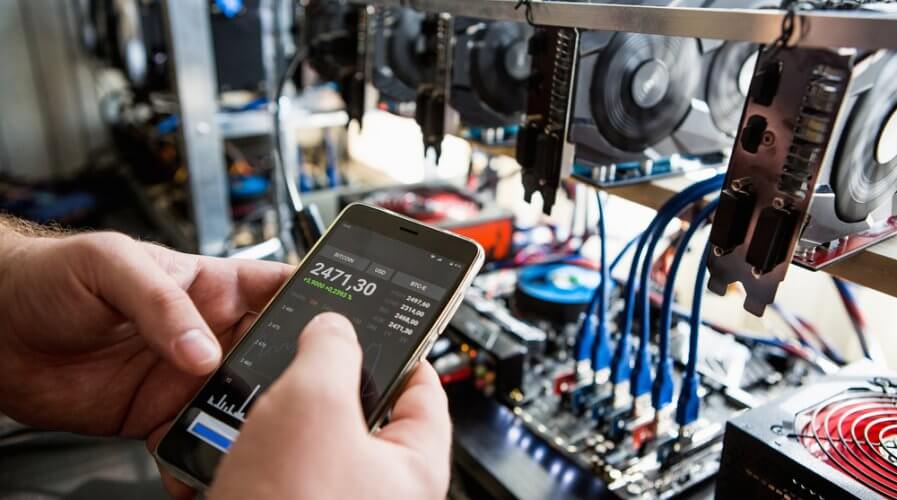
Hackers aren’t hacking any blockchain network – they are hacking your servers to clear you out. Source: Shutterstock
Hackers are targeting your infrastructure for bitcoin
CRYPTOCURRENCIES are hot potatoes to a hacker, and they are using your infrastructure to mine it.
According to Carbon Black, at least US$1.1 billion worth of cryptocurrency thefts have occurred in the past six months.
Most of those thefts resulted from an attack on a cryptocurrency exchange, a business, or a government entity.
Hackers are hiding malware on websites or vulnerable infrastructure, especially in cryptocurrency exchanges. This allows them to steal data that they can later use to drain a victim’s wallet.
These kinds of hacks are not targeting the cryptocurrency network.
Instead, it is taking advantage of the shoddy security that is deployed by many cryptocurrency exchanges.
Most commonly, hackers deploy stealer malware to drain the exchange of cryptocoins. In some instances, attackers gain access to data, which they use for follow-up attacks on the users themselves.
Of the attacks identified, Carbon Black reported that 27 percent of attacks are targeting exchanges directly. This is the most common attack vector that led to financial and data theft.
The next most common attacks are on businesses, at 21 percent. Government organizations also face similar attacks, with 7 percent of attacks targeting them.
Businesses and governments are useful to hackers for their infrastructure resources. An attack known as cryptojacking sees hackers running malicious scripts to deliver illicit mining malware to unsuspecting users.
In these attacks, hackers are not targeting cryptocurrencies directly, but rather using your infrastructure resources to mine cryptocoins. This leads to a sudden hike in usage, which ultimately means businesses have to pay extra for the resources used.
In the age of cloud computing, this can be debilitating. Businesses deployed using cloud services often pay by usage.
A cryptojacking attack can rack up the fees quickly, without businesses realizing it. This is not taking into account the reduced performance of resources, which will affect the user experience of your customers.
What’s more, Carbon Black found that malware is being sold on the dark web as cheap as US$1.04. This makes it very lucrative to malicious actors looking to cash in on the crypto craze.
In a nutshell, it doesn’t matter how secure a cryptocurrency network is. In all identified attacks, the integrity of the currencies isn’t compromised, but attackers still benefitted at the expense of businesses.
Organisations must safeguard their infrastructure to prevent attackers from gaining access and exploiting their data and resources.
READ MORE
- Ethical AI: The renewed importance of safeguarding data and customer privacy in Generative AI applications
- How Japan balances AI-driven opportunities with cybersecurity needs
- Deploying SASE: Benchmarking your approach
- Insurance everywhere all at once: the digital transformation of the APAC insurance industry
- Google parent Alphabet eyes HubSpot: A potential acquisition shaping the future of CRM


